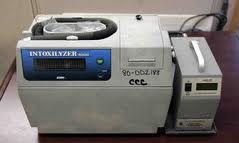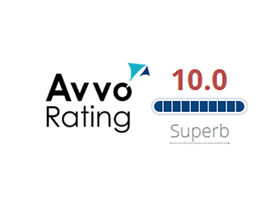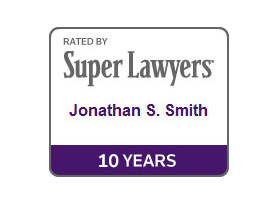
The results of a breathalyzer test are often considered the strongest evidence a prosecutor has against a defendant in a drunk driving case. However, there are numerous situations in which a breathalyzer gives inaccurate readings. In fact, recent news articles make a good case that breath-testing machines may not provide reliable results.
A significant problem with many breath – testing machines is that they not only detect the chemical compound found in alcoholic beverages (ethyl alcohol) but other chemicals similar in molecular structure. At any given time, more than 100 compounds can be detected in human breath, a majority of which can be incorrectly identified as ethyl alcohol. For example, certain medications, artificial sweeteners and even exposure to paint fumes can cause false positives.
Other circumstances that can give inaccurate readings include:
- Improperly administered tests
- Improper calibration of the machine
- Tests administered by untrained personnel
- Unmaintained equipment
- Medical conditions of the person being tested
Refusing a breath test
Should you refuse to submit to a breath test, the prosecution does have to compile other evidence to build a case against you. However, by refusing a breath test, law enforcement may infer that your refusal was based upon your belief that you were legally intoxicated. Further, by refusing a subsequent breath test at the police station you risk a driver’s suspension.
Regardless of the circumstances of your arrest, an experienced DUI attorney can provide sound legal advice. An experienced attorney can examine the evidence against you and help determine if the breath test was administered properly, and whether the results were accurate. Contact Jonathan Scott Smith online or call us at 410-740-0101 to discuss your DUI/DWI case.










